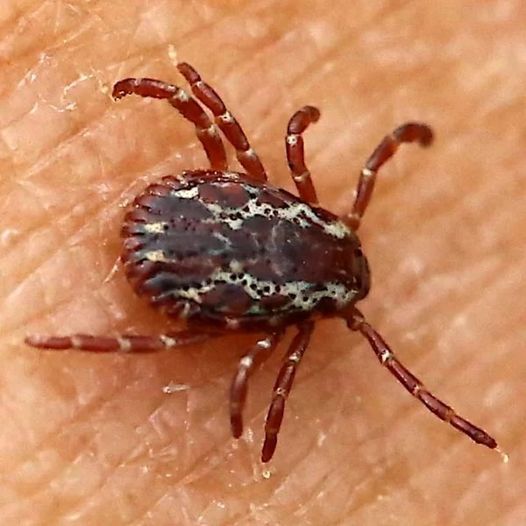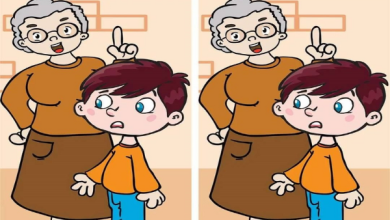- Identify and Isolate: Recognize the type of tick – whether it’s a black-legged, dog, or brown dog tick. If you find a tick in a particular area, like your bed, restrict access to it, especially for pets and children.
- Protect Yourself: Before handling ticks or cleaning the area, wear gloves and long-sleeved clothing to protect yourself from potential tick bites.
- Thorough Cleaning:
- Wash bedding or clothing where the tick was found in hot water and dry on high heat.
- Vacuum the area meticulously, focusing on corners, furniture, and crevices. Dispose of the vacuum bag or clean the vacuum canister outside.

4 Tick Removal:
-
- Use fine-tipped tweezers to grasp the tick as close to the skin’s surface as possible.
- Pull upward with steady, even pressure. Don’t twist or jerk the tick.
- After removal, clean the bite area and your hands with rubbing alcohol or soap and water.
- Dispose of the tick by submerging it in alcohol, placing it in a sealed bag/container, or flushing it down the toilet.
5 Monitor and Prevent:
After a tick bite, monitor for symptoms and consult a healthcare professional if necessary. Prevent future infestations by maintaining your yard, using tick preventatives on pets, and considering professional pest control if needed.





